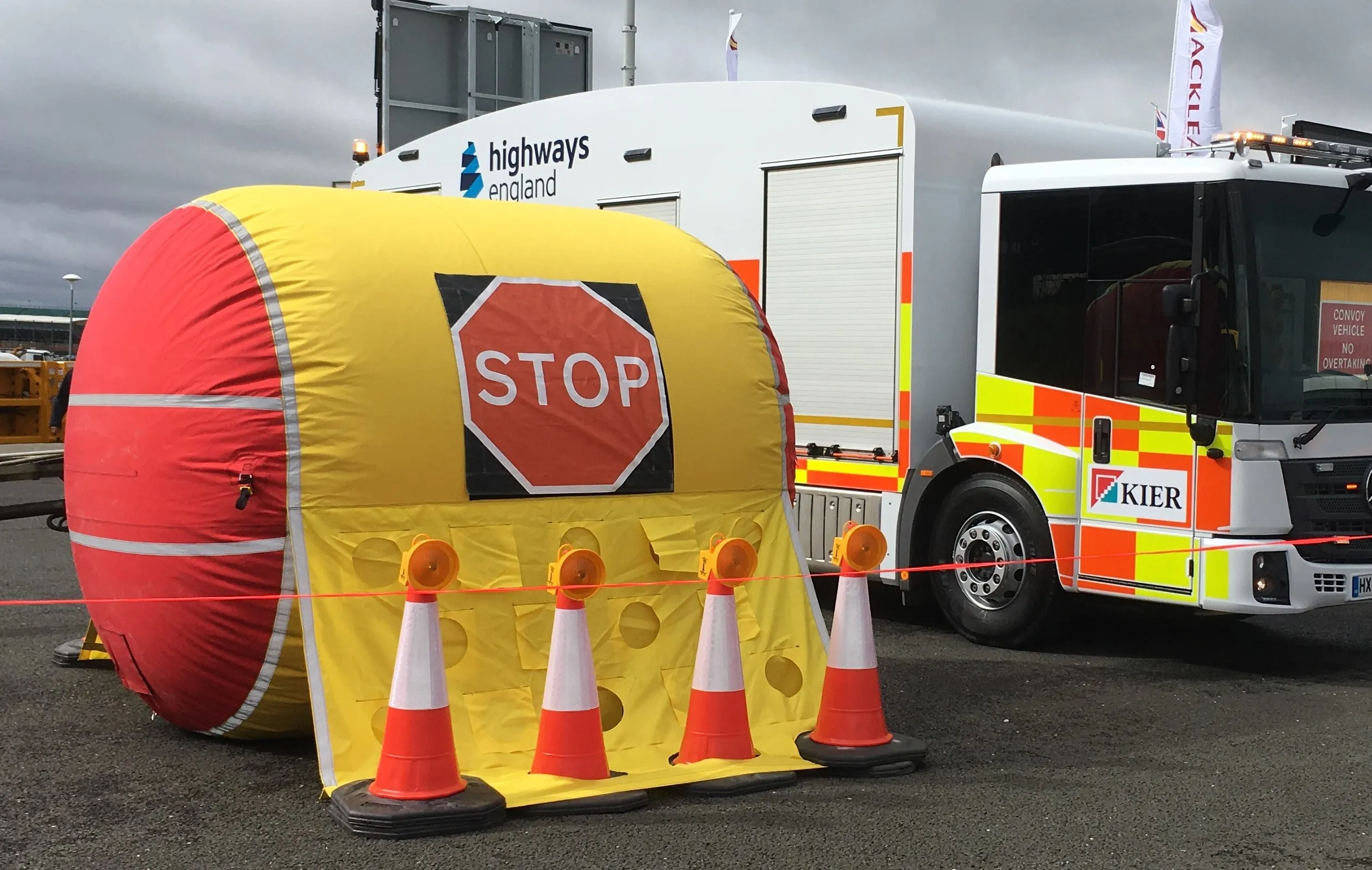From the UK comes a curious tale about a bus passenger with an unusual appetite. Police in Paignton in Devon have been seeking the whereabouts of a young male who began eating a leather seat in the bus in which he was travelling. The man caused some £200 worth of damage to the seat, biting chunks from the covering and using a fizzy drink with which to wash down the perhaps unpalatable leather. Despite releasing CCTV footage of the incident, police have been unable to locate the man who is descibed as being
November 28, 2012
Read time: 2 mins
From the UK comes a curious tale about a bus passenger with an unusual appetite. Police in Paignton in Devon have been seeking the whereabouts of a young male who began eating a leather seat in the bus in which he was travelling. The man caused some £200 worth of damage to the seat, biting chunks from the covering and using a fizzy drink with which to wash down the perhaps unpalatable leather. Despite releasing CCTV footage of the incident, police have been unable to locate the man who is descibed as being of average height and stocky build. The bus firm’s own conditions of carriage state passengers should refrain from, “eating and drinking items which make the environment unpleasant for other customers or otherwise cause offence.” And this also applies to passengers eating parts of the bus itself. Although he only ate a small portion of the material the firm said that it was not practical to patch the hole and instead had to fit a new cover to the seat. It is not clear if the young man was intoxicated or simply bored when he committed the offence but the leather is not likely to have been easy to digest and this is not a recommended diet.









